Day 4
2500 m² of secure habitat for lions for one year in Botswana
 LIVING WITH WILD NEIGHBORS
LIVING WITH WILD NEIGHBORS
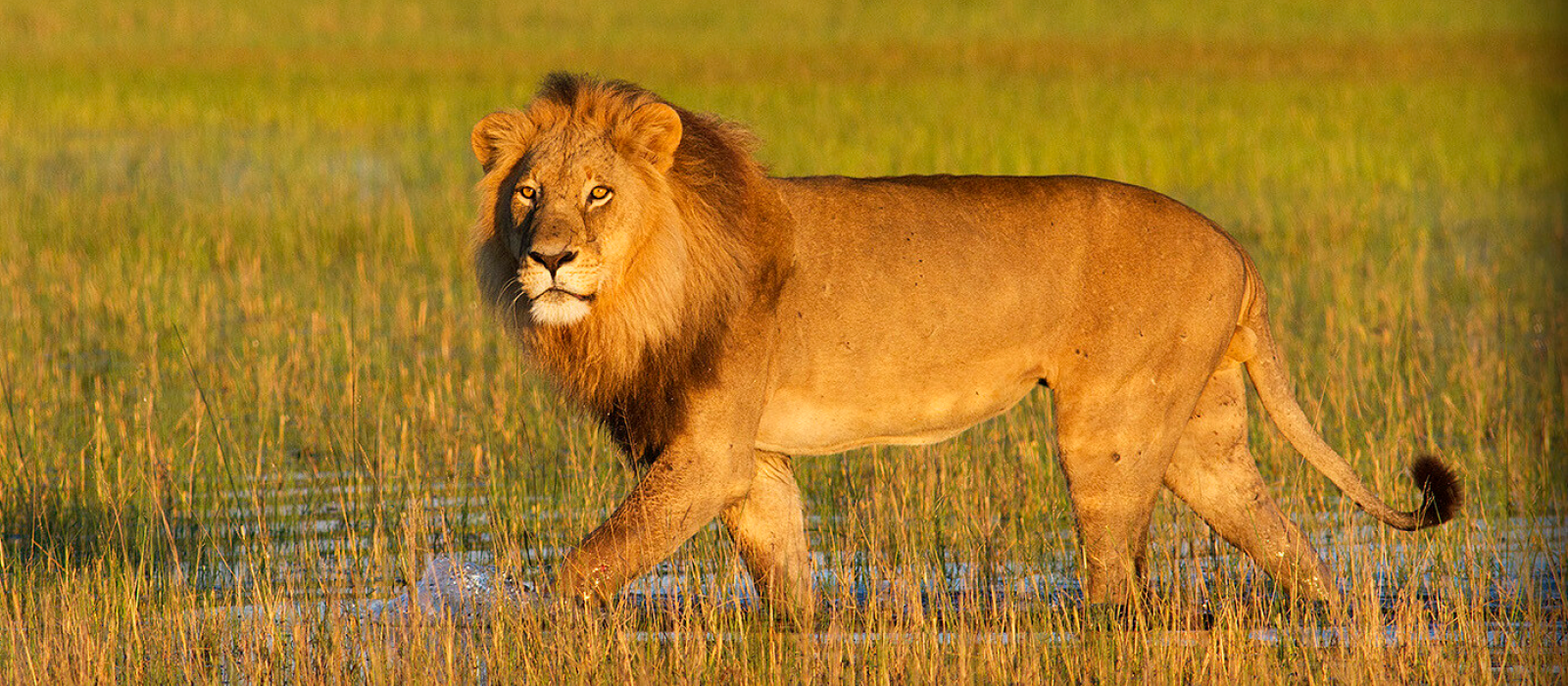

Peaceful coexistence of farmers and lions is possible

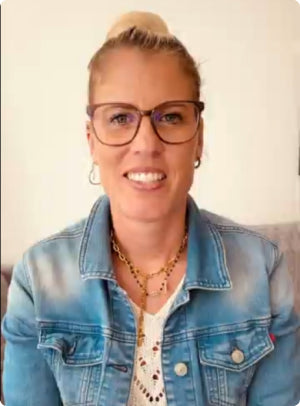
Veterinarian Doc Polly talks about her heart project
need
Peaceful coexistence of humans and lions on the edge of the Okavango Conservation Area in Botswana
activity
Lion rangers train farmers in herd protection, provide early warning of lions and provide immediate assistance in the event of lion attacks
Measurable performance
The number of livestock attacks by lions and the number of lion killings in the project area is sustainably reduced by more than 85%
Result
Other communities are being recruited to protect the lions and their lion rangers are largely covering the buffer zone to the Okavango Conservation Area
Systemically relevant impact
The communities in the region resolve wildlife conflicts independently, live in peaceful coexistence with lions and thus preserve the lion population in the region
background
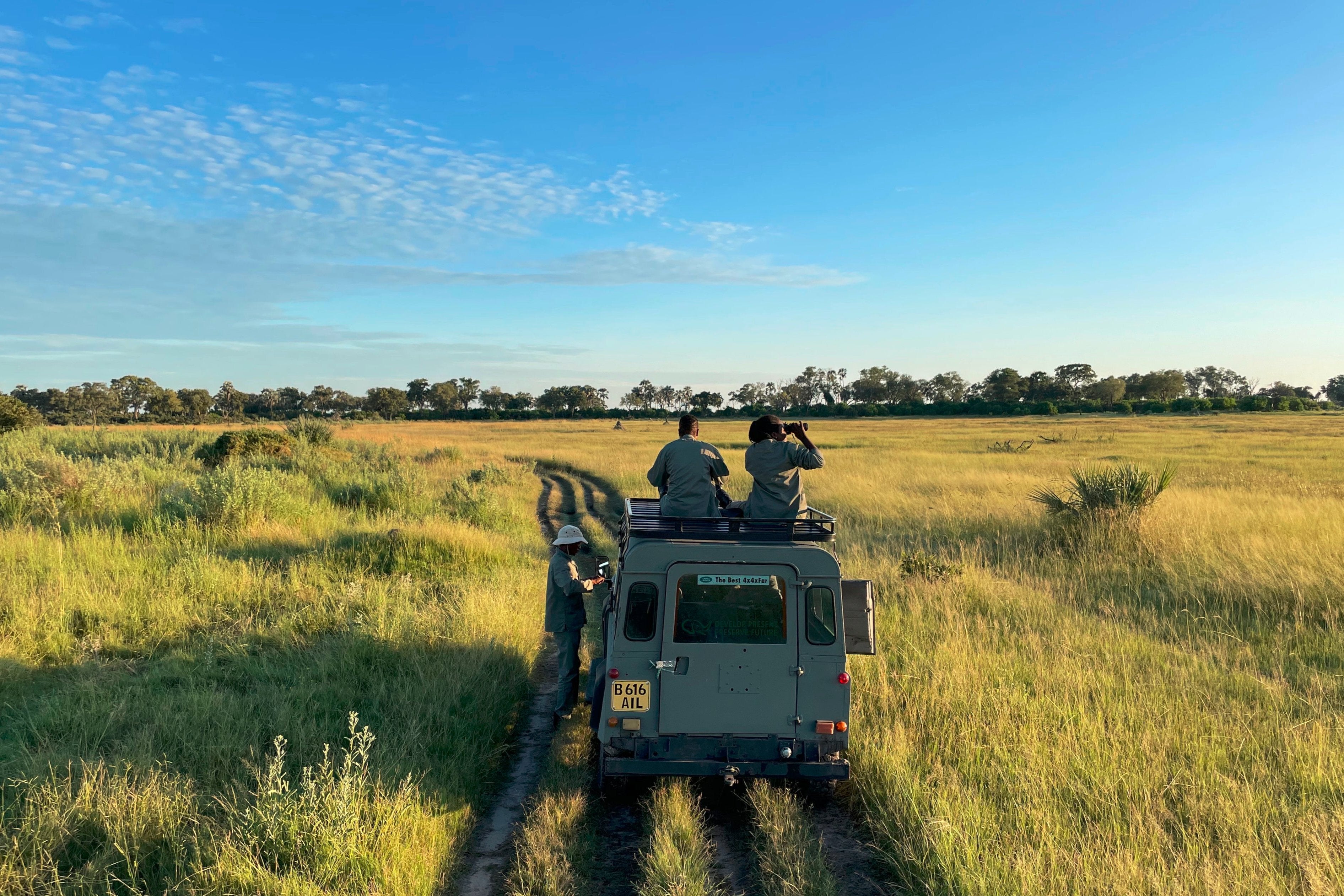
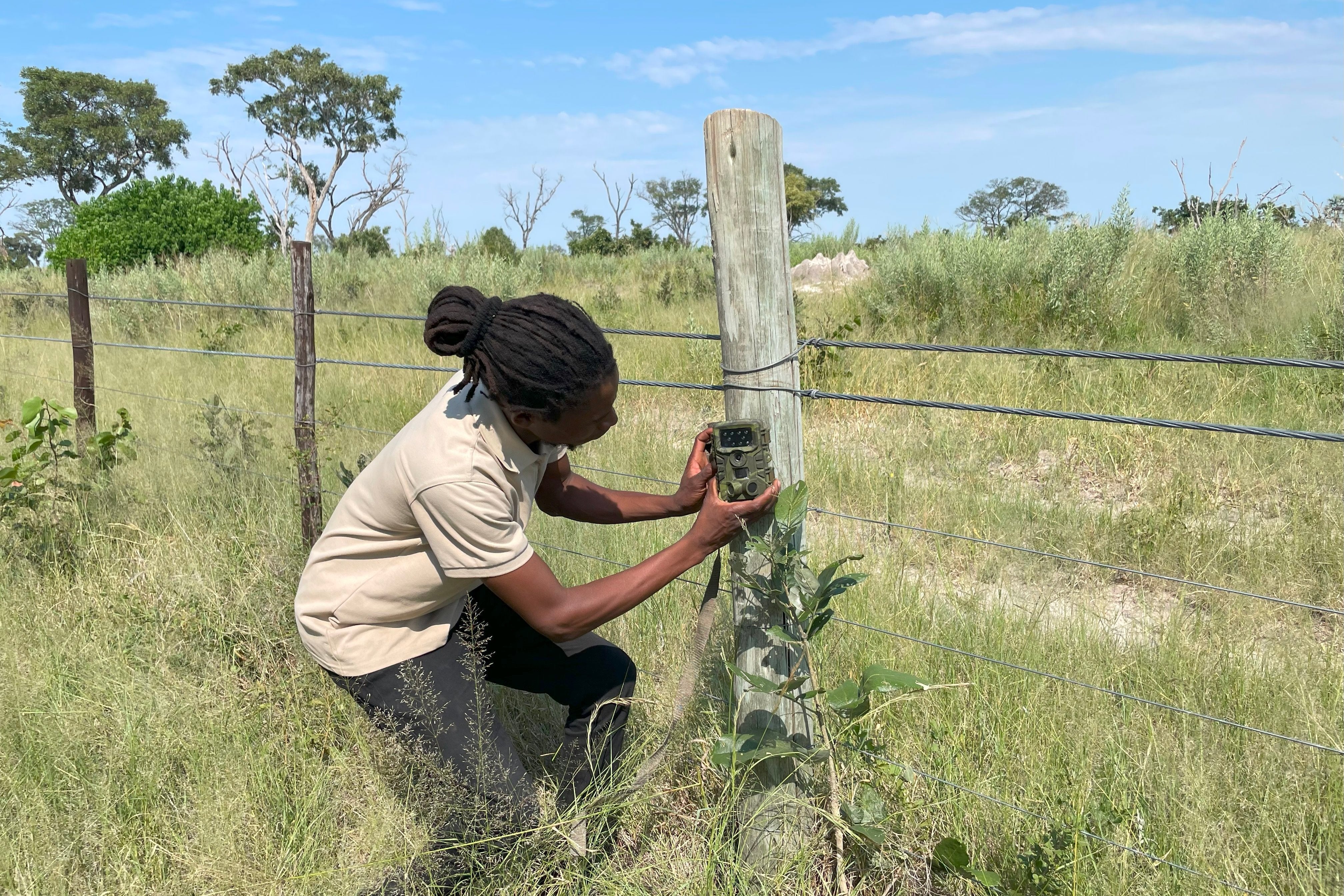
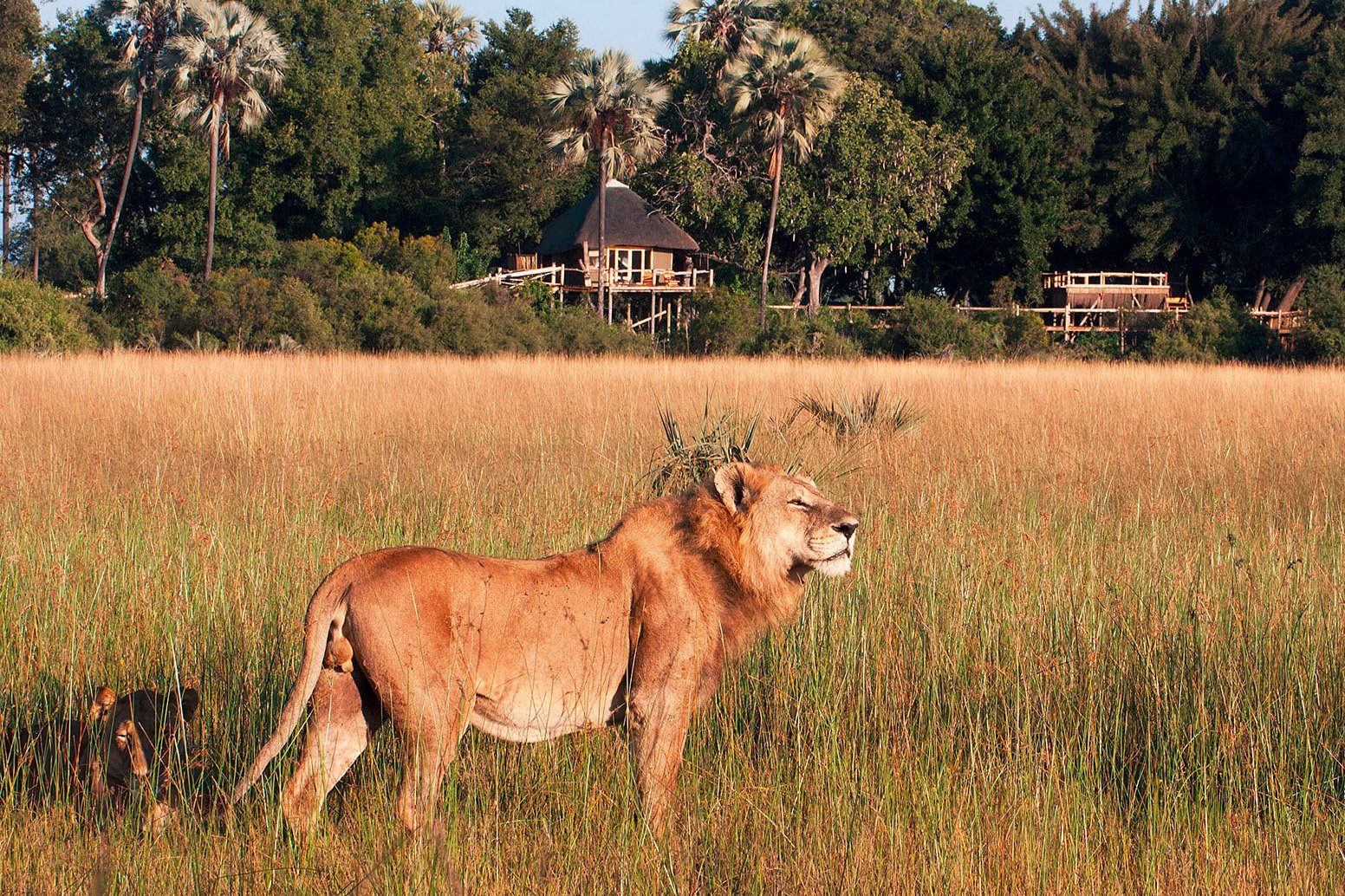
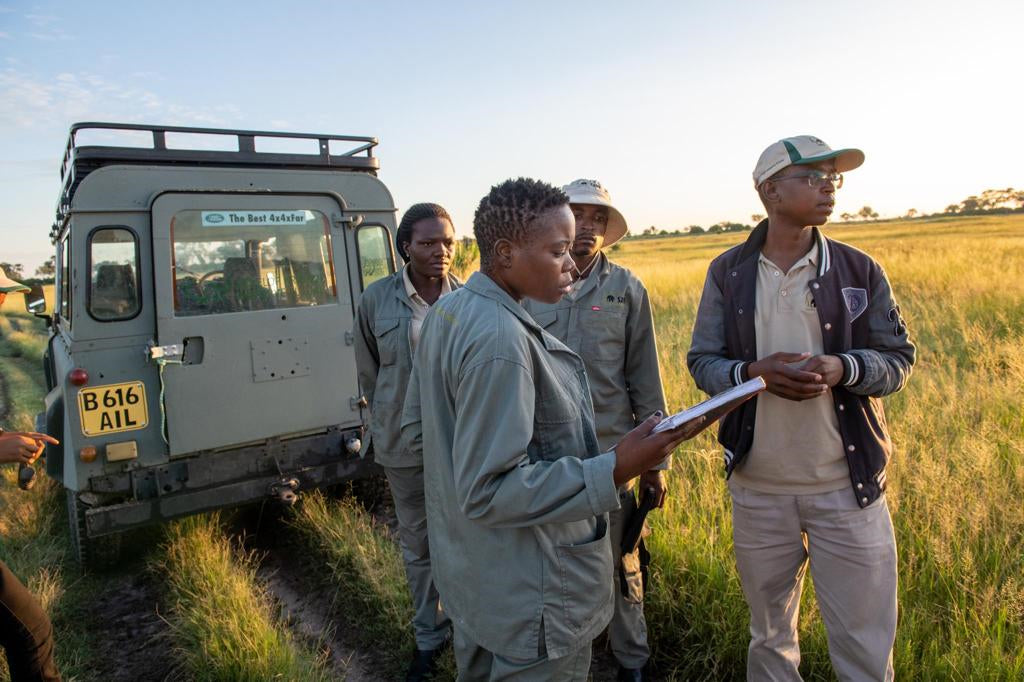
The good deed
About Botswana
Gaborone
Capital city
2,675,352
population
as of 2023
7,249.8
Gross domestic product
per capita per year in USD
as of 2023
0.708
Human Development Index
(Human Development Index)
as of 2023/2024




